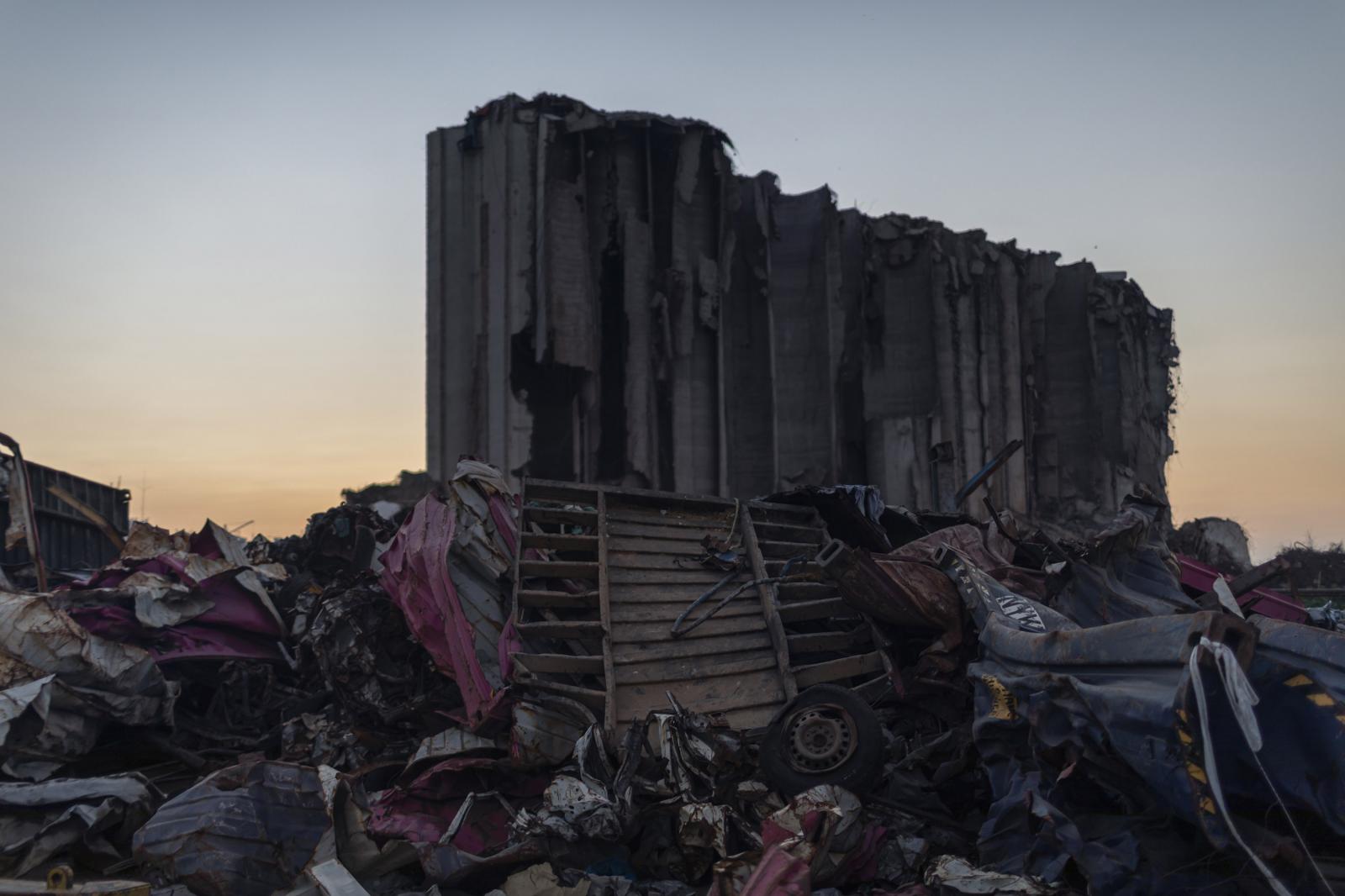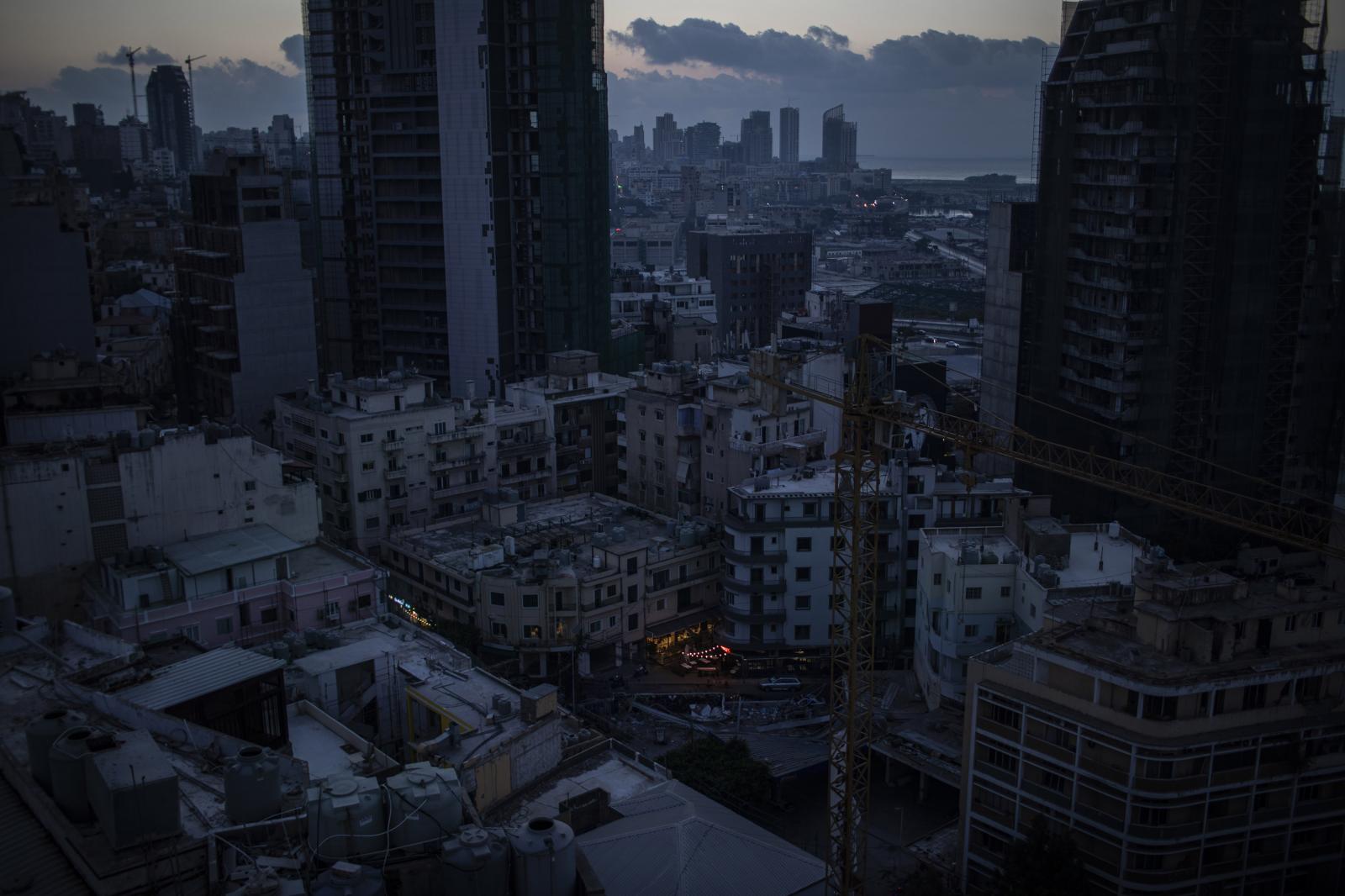Public Project
the collapse
How Corruption Ruined Lebanon
NYT MAGAZINEThe deadly port blast, the triple-digit inflation, the energy shortages — Lebanon’s many crises have a shared root: misrule by a self-dealing elite.
At 6:08 p.m. on Aug. 4, 2020, a portion of some 2,750 tons of ammonium nitrate, recklessly stored at Beirut’s port since 2014, suddenly exploded. A fertilizer often used as a component in improvised explosive devices had been stockpiled within walking distance of residential neighborhoods.
The explosion was one of the largest non-nuclear blasts in history. It killed at least 216 people (the exact figure is unknown) and injured more than 6,500. It left hundreds of thousands homeless and damaged 85,744 properties.
More than a year later, not one person has been held responsible for a peacetime explosion that harmed more people than any single violent episode in Lebanon’s long, troubled history. A handful of senior political, judicial, security, military and customs officials — including President Michel Aoun and former Prime Minister Hassan Diab — all knew that volatile materials were stored at the port and did nothing to remove the danger. A judicial investigation is underway, but few Lebanese expect it to identify the culpable and deliver justice, not because they don’t trust the investigative judge but because they fear political interference.
The deadly port blast, the triple-digit inflation, the energy shortages — Lebanon’s many crises have a shared root: misrule by a self-dealing elite.
3,312
















